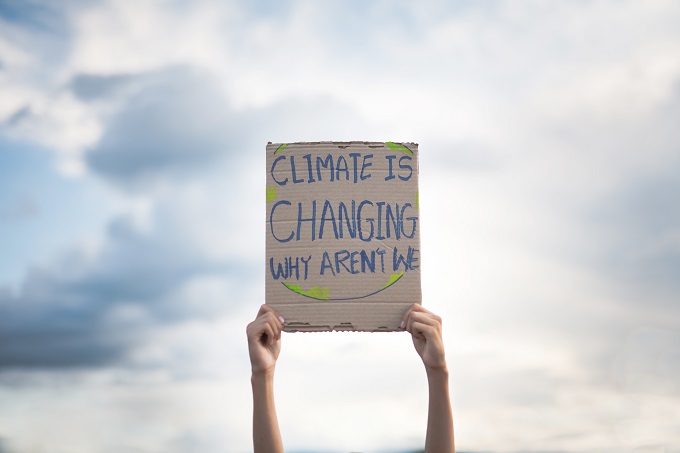Op-ed: John Marsden, it’s time to be an upstander, not a bystander

At a time when Australia holds the number two spot in the world for cyber bullying (dropping down from number one last year), John Marsden’s recent commentary in relation to bullying is considerably disturbing.
Quite apart from the fact that he writes books aimed at Australia’s young people, and therefore carries a lot of influence, to pass off bullying behaviour as ‘feedback’ about ‘unlikeability’ demonstrates not only a complete lack of understanding of what constitutes bullying, it comes dangerously close to condoning behaviour that is intended to hurt or harm another.
To be clear about what bullying is, it is defined as behaviour that is on purpose, repeated and involves the misuse of power. And, power doesn’t just derive from being the CEO of an organisation, the head of a school or other traditionally accepted corporate or societal leadership roles. Just being one of the popular kids at school gives you a position of power in your world.
When a child or group of children, repeatedly and intentionally use verbal, social or emotional behaviour that is harmful towards another, whether or not it is in relation to their appearance, race, culture or behaviour, that is bullying. It is not feedback. Feedback is defined by its intention as a means of bringing about improvement in a person’s or product’s performance. If this behaviour is undertaken on a regular basis then it shifts from feedback to an assertion or abuse of power and takes on the elements of bullying.
For Marsden to assert that Asian children who “fitted in” with the white Australian culture were less likely to receive “feedback” and that this was not racially based bullying and discrimination is beyond ludicrous. Perhaps by 1980s standards it was acceptable to expect new Australians to abandon their culture and identity in order to be accepted, but as we head to 2020 I would like to think that we have evolved beyond these prehistoric beliefs and have come to fully realise the harmful nature that bullying has on an individual.
Studies show that children who are bullied, that is, they are subjected to repeated harmful behaviour, are up to nine times more likely to have suicidal thoughts. And the bullying doesn’t just affect the victims. Statistics show that young people who bully have a one in four chance of having a criminal record by age 30.
Even when you remove the extremes of suicide and criminal records, children who are affected by bullying on either side of the equation are likely to suffer the negative effects throughout their lives, generally manifesting in relationship difficulties due to a lack of grounding in respectful behaviours towards others.
With the alarming figures of domestic violence, no abating in the number of women killed by a current or former partner and mental health issues due to workplace bullying and stress, it is clear to me that the root cause of this seemingly ‘normal’ cultural behaviour in Australia is the failure to address bullying behaviour at the earliest stages of life and with a whole of community approach. By talking about bullying and teaching our children to call out unacceptable behaviour, be upstanders for those who are subjected to it and develop resilient strategies when they experience it directly, we can shine a light on what is clearly a serious problem for us as a community, instead of continually sweeping the issue under the carpet.
Marsden’s dismissal of the subject is harmful on many levels. Not only does it not acknowledge the potentially devastating long-term effects of systematic bullying, it also denies the provision of effective strategies to deal with the behaviour.
As a community we need to stand together in support of teaching better, more respectful interactions between our young people. Perhaps then they will grow into the future leaders that this country needs. Ones who don’t perpetuate the culture of bullying behaviours throughout workplaces, marriages and community groups.







